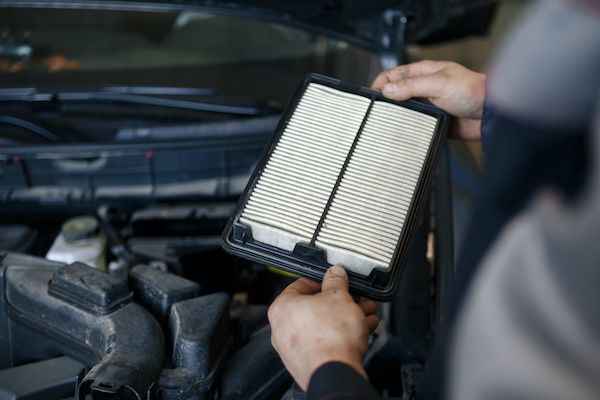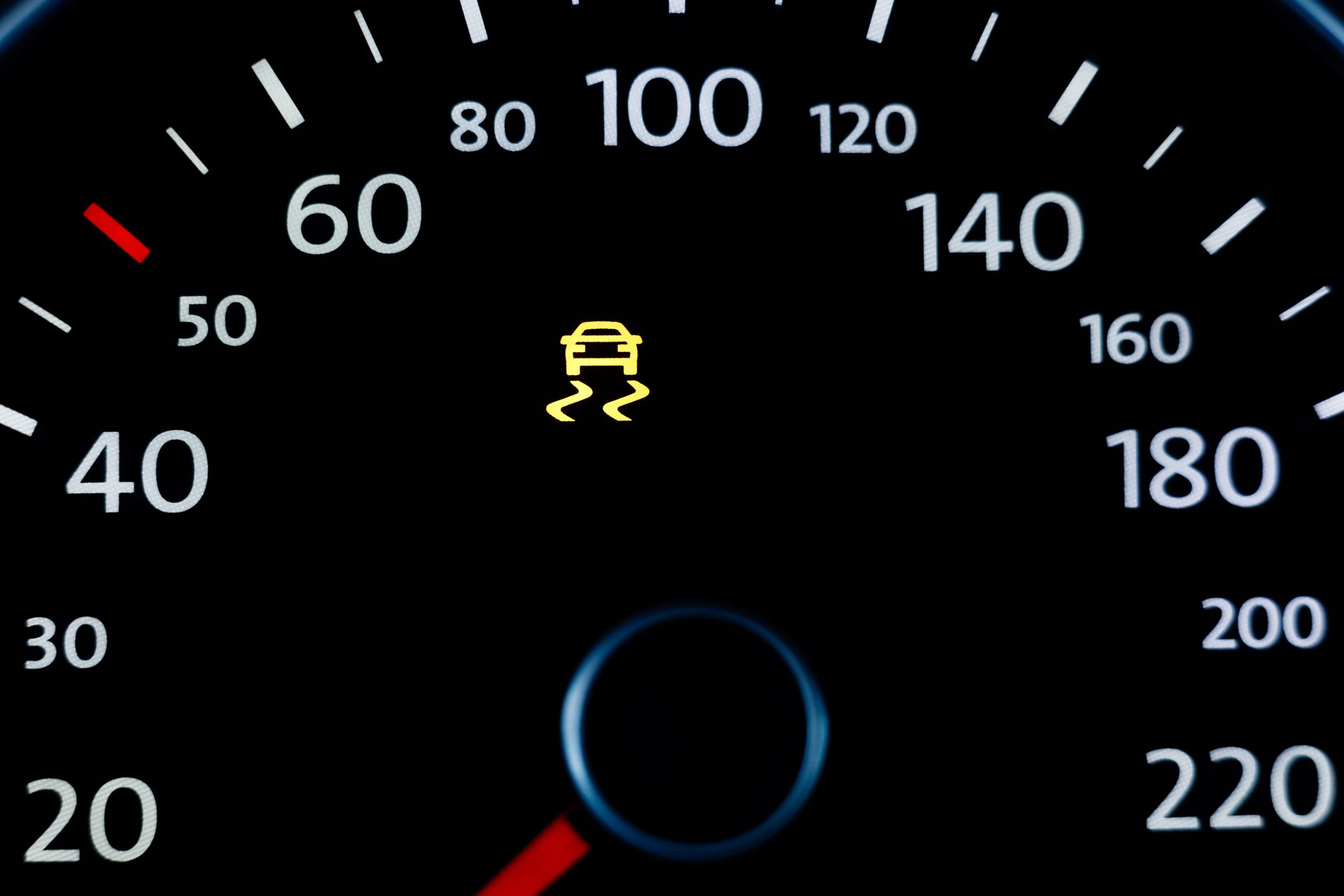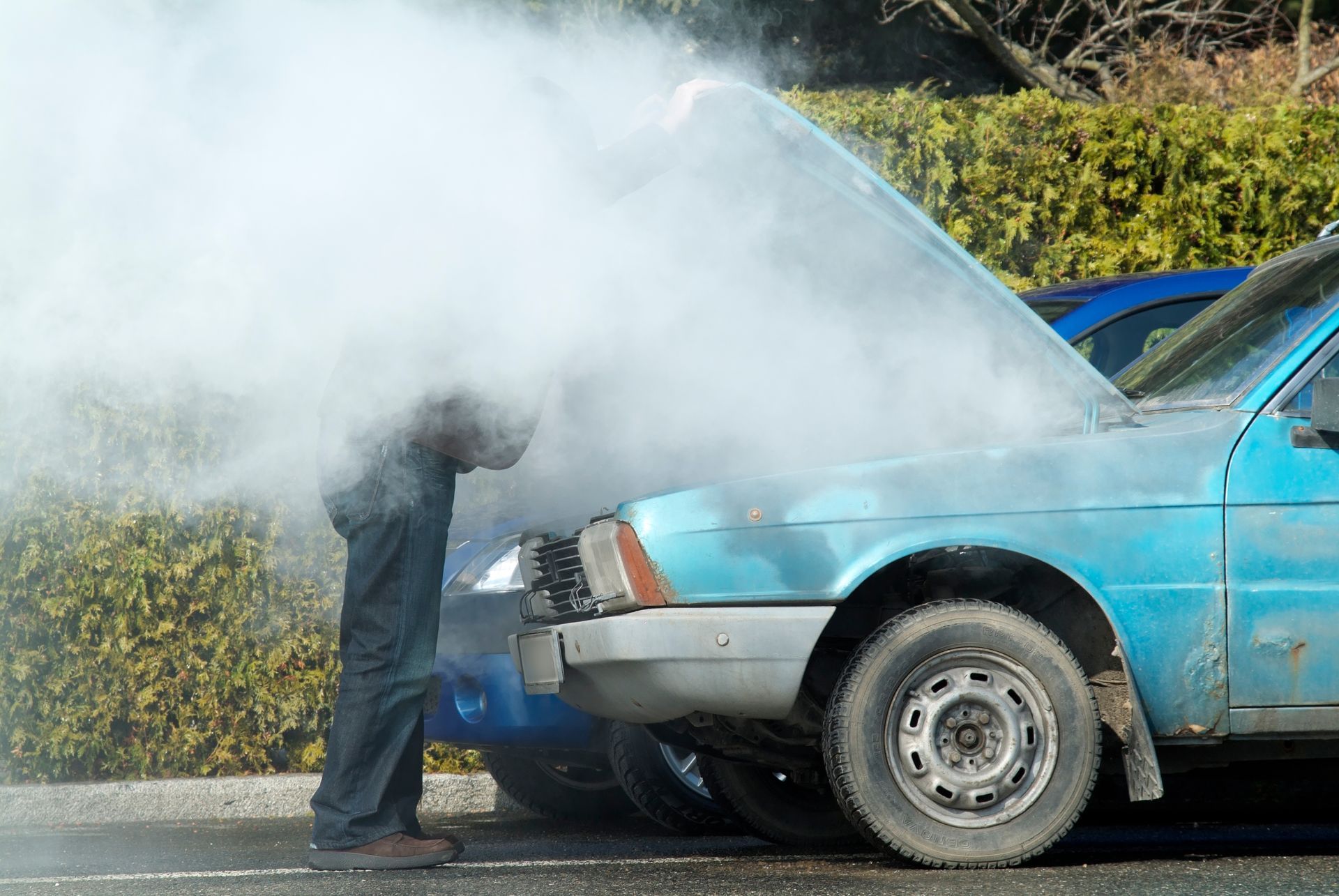
A vehicle's engine is the heart of the locomotive, and without proper air circulation, the engine cannot function properly. The combustion process in the engine requires air to function, without which the vehicle may 'suffocate'. For air to reach the engine, it has to go through the air filter. The air filter ensures the air directed to the engine is free of dirt, debris, bugs, and other contaminants that can damage the engine. However, over time, the air filter may get clogged, affecting the air quality that goes to the engine, thereby affecting the vehicle's overall performance.
WHEN SHOULD YOU REPLACE YOUR AIR FILTER?
Drivers are advised to change their air filters after every 12 months or 10,000 to 15,000 miles. However, if you drive through dusty roads often, you should have your air filters checked every 6,000 miles.
WHAT ARE THE SIGNS OF A DIRTY AIR FILTER?
THE AIR FILTER APPEARS DIRTY
This is one of the most common signs of a dirty air filter. A clean air filter is usually white or off-white. A dirty air filter, on the other hand, will appear brown or black. Always examine your air filter in adequate lighting, and if it appears contaminated with dust, dirt, and debris, it is time to have your mechanic clean it out.
DECREASING GAS MILEAGE
When your engine receives fewer amounts of oxygen, it compensates by consuming more fuel to produce enough power. If your gas mileage is lowering, this may indicate that your air filter needs to be replaced. This is only noticeable in carbureted vehicles that were mostly made before 1980. Newer models have an onboard computer that calculates the amount of air taken into the engine then regulates the fuel flow. This means that the fuel economy in newer vehicles will not be significantly affected by cleaner air filters.
MISFIRING ENGINE
Have you noticed your engine doesn't start up immediately, and it takes a couple of tries to get it going? This implies that the lack of sufficient air supply to the engine is causing unburnt fuel to form a soot residue. An accumulation of the soot on the spark plug deters the creation of a spark needed to combust the air-fuel mixture. A misfiring engine is a sign that your air filter needs to be checked out.
UNUSUAL ENGINE SOUNDS
Usually, a stationary car with a running engine has a smooth, soft purr because the engine is rotating smoothly. If your car has unusual popping or coughing noises, it is likely due to a clogged air filter.
ENGINE CHECK LIGHT COMES ON
There are many reasons why your engine light may come on. One of the main reasons is when impurities get inside the engine and accumulate. This impacts the performance of your engine, triggering the engine light to come on. It is important to have a professional check out your engine once the engine light comes on to identify the culprit.
FLAMES OR SOOTY SMOKE EXITING THE EXHAUST
Insufficient air supply to the engine results in incomplete burning of fuel. The unburnt fuel then leaves the vehicle through the exhaust pipe in the form of black smoke. This is a sign that your vehicle needs an air filter replacement or clean-up.
The cleanliness of your air filter is crucial to the overall performance of your vehicle. Although the above signs are not conclusive, they are a great place to start looking out for a dirty air filter. Get in touch with our auto repair shop today for an air filter replacement.











